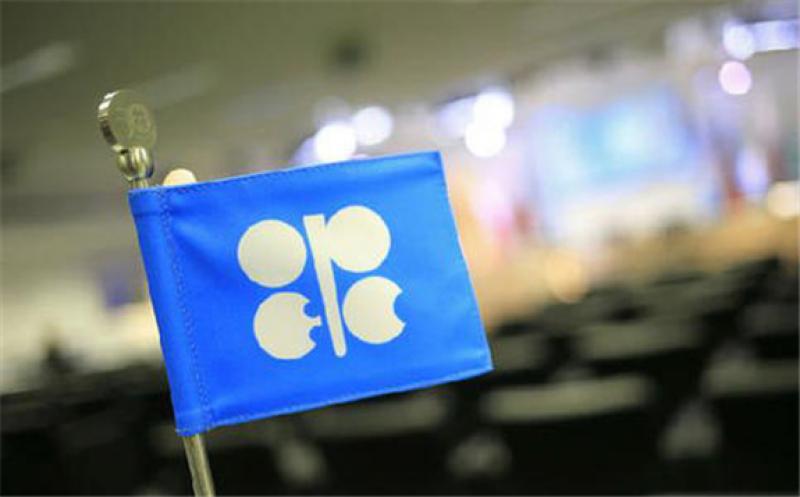Opec+ members that exceeded their crude production ceilings in May-July went over their quotas by a cumulative 2.3mn b/d and will need to compensate for this excess over the next two months.

The cumulative 2.3mn b/d figure comes from adding the individual monthly volumes by which Opec+ members exceeded their quotas in the first three months of the group's current output restraint agreement. Assuming an even distribution of the extra cuts across the two months, total Opec+ reductions could reach an average of 8.85mn b/d in August-September.
Opec+ eased its collective output cut from 9.6mn-9.7mn b/d in May-July to 7.7mn b/d through to the end of the year. The reductions are mainly from an October 2018 baseline.
Under the current Opec+ deal, countries that failed to abide by their output commitments in May-June agreed to compensate with additional cuts in July-September. But some non-compliant countries, such as Iraq and Nigeria, still produced above their quotas last month.
Countries that have exceeded their production quotas must submit their plans on how they will implement compensation cuts by 28 August at the latest, according to a communique from today's meeting of the Opec+ group's Joint Ministerial Monitoring Committee (JMMC).
Saudi oil minister Abdulaziz bin Salman stressed ahead of the JMMC meeting that members which have produced above their quotas so far must fully compensate by the end of September to avoid further slippage of the compensation mechanism. He also urged member countries "not to relax the efforts of the past three months", adding that the current output restraint agreement could be in place until April 2022 or beyond.
An average of forecasts from Opec, the EIA and the IEA show world oil demand could reach 97pc of pre-Covid-19 levels during the first quarter next year, the Saudi oil minister said. But the Opec+ group remains cautious, highlighting the "fragility" of the market and "significant uncertainties".
"The pace of recovery appeared to be slower than anticipated with growing risks of a prolonged second wave of Covid-19," the JMMC's communique said.
Saudi Arabia has led a crackdown on non-compliance in recent months. After today's JMMC meeting, Saudi crown prince Mohammad bin Salman called Iraq's prime minister Mustafa al-Kadhimi to discuss the rebalancing of oil markets and the compensation mechanism. And ahead of the meeting, Saudi King Salman bin Abdulaziz had a telephone call with Nigerian president Muhammadu Buhari, in which both "stressed the importance of compliance by all participants" with the agreement and with the compensation mechanism.
Iraq said earlier this month that it would produce 3.4mn b/d in August and September — 400,000 b/d below its Opec+ quota for these months — to compensate for exceeding its limit in May-July. But this was subject to change with the publication of production figures by secondary sources, including Argus. An average of secondary sources puts Iraq's output at 3.75mn b/d in July, slightly above the country's self-reported 3.7mn b/d figure. This means that it will have to produce 3.37mn b/d in August-September to compensate for exceeding its limit in earlier months, according to Argus estimates.
The Opec+ group puts compliance at 95pc in July, and 97pc if including Mexico, which no longer formally partakes in the cuts. The Joint Technical Committee (JTC), which studies market conditions, and the JMMC will next meet on 16 and 17 September, respectively.